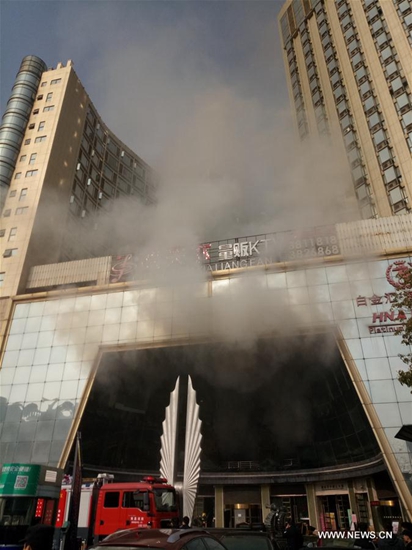Stop the exaggerations about Brexit
Most days I hear or read a news item that tells me something has happened because of Brexit, or something has happened despite Brexit. Usually the item has nothing to do with Brexit whatsoever, would have happened without the Brexit vote and would have been given a different explanation then.
Some of the media and political spin post Brexit were classic examples of fake news. The commentators , forecasters and journalists put on their dark Brexit glasses, and decided that anything bad which happened happened because of Brexit, and anything good which happened happened despite Brexit. They went out looking for negative stories. The property commentators and some of the valuers wanted to show commercial property was down 15-20%. The only problem was there were plenty of buyers and no sellers at such discounts. They wanted to show housebuilding declined and home prices fell. Apart from top end prices which had been in freefall ever since Mr Osborne’s anti Non Dom anti dear property budget in April, home prices stayed up. Housebuilders, often gloomy themselves, had to report good levels of sales and expand their production to cater with rising demand. There were plenty of large company executives prepared to say they were worried and reviewing their investment in the immediate aftermath of the vote, but when actual news came out about investment it was of new investment being made in the UK to reflect the good levels of consumer and business demand.
So here’s a thought for the gloomy commentators. Most of what is happening on jobs, inflation, investment, car buying, homeownership is nothing to do with Brexit. The price rises we have seen come from higher oil and commodity prices and are in line with similar rises in the USA and Germany which are not undertaking an exit from the EU. Just as joining the EEC did not lead to any increase in UK GDP, just as completing the single market did not lead to any increase in GDP, leaving it should not lead to any fall in GDP. I think leaving the EU is a most important political and constitutional event, but it is not for the UK much of an economic event. It is a bit bigger economic event for the rest of the EU, as they are the ones who will lose our contributions and need to secure their favourable access to our market which they use to such good effect at the moment.
